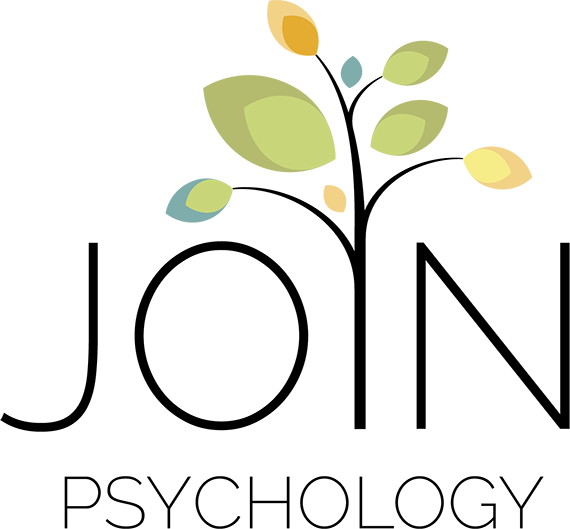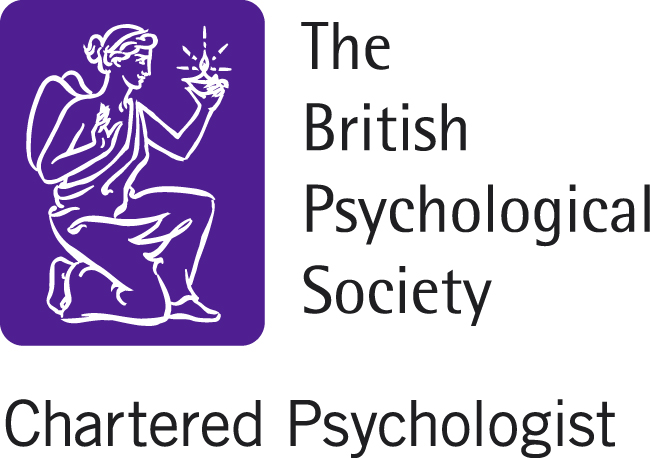Psychological Therapy
We’re better together: Understand yourself and your patterns, learn to cope with difficulties and improve your relationships
People come to see a psychologist for many reasons. Perhaps you are feeling anxious, irritable or overwhelmed? Struggling with low mood, low self-confidence and isolation? You may feel frustrated and confused by the patterns you keep repeating in your relationships? Perhaps there are some life experiences, like change, loss, abuse or trauma which are having a big impact on your thoughts, feelings and relationships?
We all experience feelings of anxiety, stress and low mood sometimes, but when these feelings linger or start to have a negative impact on your life, relationships or career then it’s important to get some help.
I have many years' experience in mental health and relationships, specialising in attachment, systemic and trauma-informed approaches. I use a range of evidence-based therapeutic approaches to help my clients make meaningful changes to improve their lives.
Everyone Needs A Little Help Sometimes
Asking for help can sometimes feel incredibly hard. It’s not uncommon to experience feelings of apprehension, worry, shame and embarrassment when you think about sharing your struggles and seeking help.
Many people have grown up in families and societies where appearing to cope alone and be ‘independent’ are highly valued, but this often comes at a great personal cost to their mental health and wellbeing. Some people may have come to over-rely on others for support, which can leave them feeling like they don't know who they are or how to move forward independently. We naturally need other people to help us make sense of our lives and relationships, particularly when times are hard. This needs to be balanced with developing and using skills to support ourselves emotionally.
There is absolutely no shame in asking for help. The conversation surrounding mental health is getting easier, with more and more people benefiting from what therapy has to offer. There will be good and important reasons for the difficulties you’re experiencing – we will understand these reasons together and map out a plan to help you. You can read more about the approaches I use in therapy here.

Find out more about...
What issues can therapy help with?
People come to see a psychologist for many reasons, some of which include (but are not limited to):
- Anxiety – including generalised anxiety, worry, panic, phobias.
- Low mood and depression.
- Low self-worth and confidence.
- The impact of past life experiences and relationships – including abuse and neglect.
- Recent traumatic events, which may have led to post-traumatic stress.
- Relationship and family problems.
- Change and loss, including the loss of someone close to you.
- Work and life-related stress and a sense of overwhelm.
All good therapy is grounded in safe, compassionate and honest relationships. From here, therapy can help you to understand your thoughts, feelings, patterns and relationships in a way that makes sense. You can also learn approaches and strategies which allow you to observe and respond to situations, thoughts and feelings in a more helpful way. Working together with the important people in your life can also help you make lasting positive changes.
Changes that therapy can help you to make
Therapy can help you make a number of changes in your life and relationships, including:
- Understanding yourself and how your past is shaping your present difficulties.
- Learning strategies to respond more helpfully to situations, thoughts, feelings and in relationships.
- Improving and strengthening existing relationships.
- Identifying your strengths and becoming more resilient.
- Improving mental health and wellbeing.
How does therapy work?
Whilst going to therapy might feel a little intimidating, getting help from Dr Jo at Join Psychology is simple.
Free Initial Call
I offer a free 15-minute consultation where you can talk about the difficulties you’re experiencing and the things you’d like help with. Together, we will then decide if I'm the right person to help and if so, arrange to talk in more depth in an initial assessment session.
Initial Assessment & Plan
The therapy process starts with an initial assessment that typically lasts 90-minutes. We might need more than one assessment session to get a good understanding of your needs and what will help you. We will talk in more detail about the things you’ve been experiencing that have led you to seek help. We'll explore your current situation as well as your wider life experiences and relationships to understand your needs and what you’re looking to achieve through therapy.
Starting Therapy
Following this consultation, if we both feel we are a good fit for working together, we will arrange to begin therapy. As every person is unique, I'll recommend the frequency and format of your sessions based on your needs. The sessions are held either in-person or via online video call – giving you the flexibility to choose what best suits you.
Creating a safe, strong and honest relationship between therapist and client is essential in order to build trust and ensure you get the most out of your sessions. Open communication, respect, confidentiality and kindness will be ongoing themes throughout our work together.
Therapy can be offered 1:1, as a couple or as a family depending on what we feel will be most helpful to you. It can be beneficial to include 1:1, couple and/or family sessions at different points in your therapy journey, depending on need.
Why Choose Dr. Jo Coombs As Your Psychologist?
I have created a warm, safe space to understand your difficulties so we can work collaboratively together to discover your strengths and make meaningful changes. Therapy with me is about understanding what has happened to you in your life and how this has shaped you as opposed to what is ‘wrong’ with you. I like to focus on reconnecting you with your existing strengths, resilience and resources. There’s not a ‘one size fits all’ with therapy and this is why I like to offer a range of flexible therapy options that will be best suited to your needs.
- Non-judgemental, kind and caring – I have a warm, kind and open approach and won’t judge you, no matter how difficult your problems may feel.
- Strong therapeutic relationship – Building a solid therapeutic relationship between us is key. I will always do my best to put you at ease so you feel able to talk openly.
- Evidence–based approaches – I use therapeutic approaches which have a strong evidence-base and stay up to date with research related to the difficulties I treat and approaches used.
- Flexible therapy options – As a Clinical Psychologist, I'm trained in multiple approaches and will adapt the therapy to suit your own individual needs.
- Individual, couple or family approaches available – Whether you seek therapy as an individual, a couple or a family, I can help.
How To Get Started
The first step is to contact me for a friendly and confidential consultation. Fill out the contact form and I will be in touch to arrange a good time to speak.
You can also contact me by phone, email, WhatsApp and text, whichever way you feel most comfortable.








